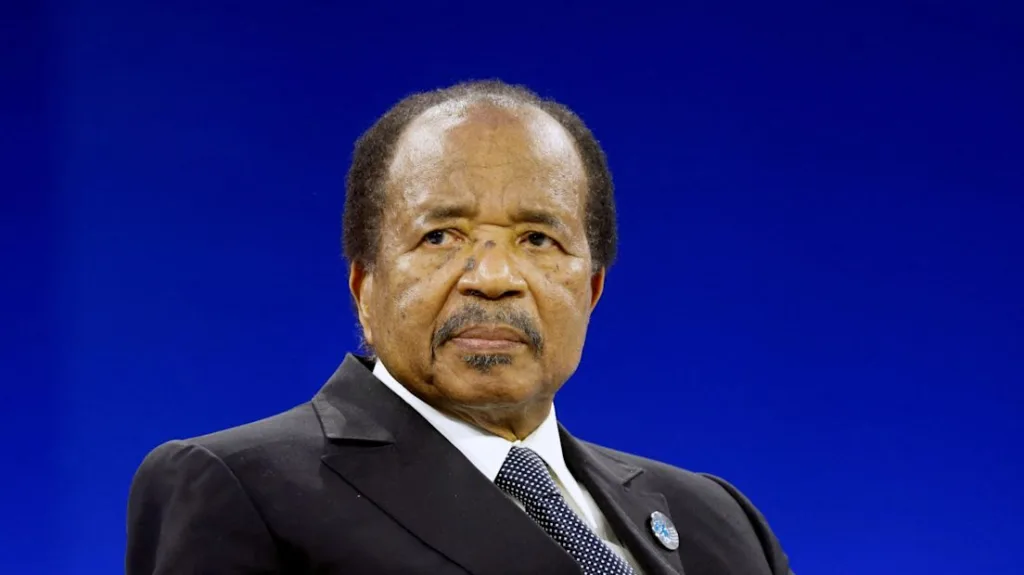
Former Senate President Bukola Saraki has attributed dominance of long-serving African leaders to institutional weaknesses and a lack of democratic accountability.
His remarks come amid recent developments in Cameroon and Ivory Coast, where aging leaders secured extended ternues
Biya, now 92, and 83-year-old Alassane Ouattara were announced winners in controversial circumstances.
But speaking at the Democracy Union for Africa Forum in Nairobi, Kenya, Saraki said their emergence was more about weak institutions, fragile governance, and a lack of accountability.
His lecture was themed: “Navigating Africa’s Strategic Position in a Multipolar World: Towards Equitable and Mutually Beneficial Partnerships.”
The forum gathered leaders, policymakers, and experts to explore Africa’s strategic position in a changing global order and chart pathways to economic independence and inclusive growth.
According to him, “These are not merely political anomalies, they are symptoms of institutional fragility”.
“This erosion of institutional checks and balances has had profound consequences.
“It is what allows, for instance, the re-election of Paul Biya in Cameroon at the age of 92, and the perpetuation of similar political dynasties in Equatorial Guinea and other nations, where power remains concentrated in the hands of a few rather than distributed through accountable systems.
“These are not merely political anomalies, they are symptoms of institutional fragility”.
He further highlighted how concentrated power and weak checks and balances allow some leaders to cling to office for decades, often at the expense of national progress.
Speaking on Africa’s renaissance, the former Senate President called on African nations to break free from economic and political dependency and fully harness the continent’s potential.
He warned that the continent still relies on extractive economic systems where raw materials leave Africa and return as finished products that Africans cannot control.
Africa’s youthful population, vast natural resources, and internal market of 1.4 billion people are powerful advantages, he said, adding these could fuel unrest and wasted potential instead of prosperity if unmanaged.
Saraki criticized the continent’s dependence on foreign aid and concessional loans, many of which serve donor priorities rather than Africa’s needs.
He said in healthcare for example, malaria programs often lag while HIV/AIDS receives greater attention.
The former Senate President urged African countries to invest in local processing and value-added industries.
“Cocoa, bauxite, shea, and oil, he said, represent billions in lost potential annually because raw commodities are exported while value capture stays abroad.
“Strengthening domestic finance, boosting industrialization, and integrating markets are key”, he stressed.
He called for stronger financial institutions, industrial parks, technical education, and integrated value chains that allow farmers, artisans, and entrepreneurs to participate in production.
Intra-African trade, he noted, must rise from 14-15 percent to over 50 percent adding that the African Continental Free Trade Area presents a chance to unify markets, build regional value chains, and increase global bargaining power.
Saraki who keynoted the event, said Human capital is Africa’s greatest asset and Investment in STEM, digital skills, and entrepreneurship will turn the continent from a consumer of ideas into a producer of innovation.
He added that leadership and governance are critical while ethical, visionary, and accountable leaders, credible electoral systems, and independent judiciaries are essential to unlocking Africa’s potential.
Saraki called for an African renaissance rooted in confidence, capacity, and collective will and urged the next generation to reclaim Africa’s narrative and power.
“Let this be the generation that no longer waits for opportunity but creates it,” he submitted.
 Premium News
Premium News